Russian and Chinese hackers are trying to influence the U.S. elections
Various countries are supporting threat actors
3 min. read
Updated on
Read our disclosure page to find out how can you help Windows Report sustain the editorial team. Read more
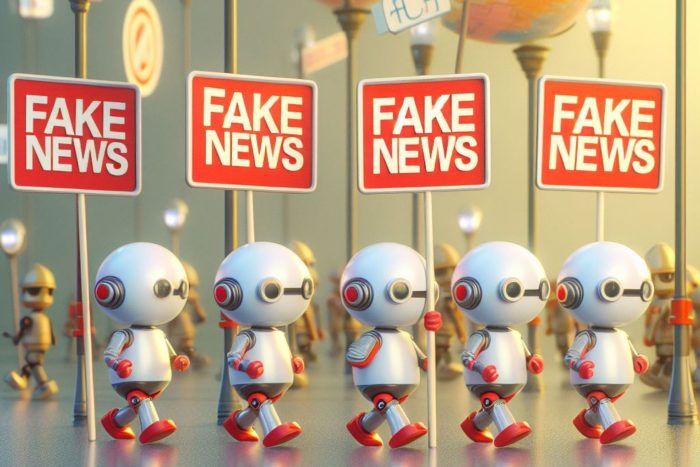
Not long ago, Microsoft discovered Russian and Chinese hackers sponsored by their countries. Most of them use social engineering tactics to spread misinformation on social media. In addition, they are targeting the U.S. institutions. On top of that, they are using various ways to exploit the security vulnerabilities of Microsoft.
According to Microsoft, on 17th April Russian hackers started online campaigns to weaken U.S. support for Ukraine. Through their content, they try to generate hostility between us. On top of that, Chinese hackers are trying to diminish our trust in the U.S. democratic systems.
What methods did the Russian hackers use?
The wrongdoers from Russia use multiple methods to catch our attention. For example, besides social media, they engage in covert and overt campaigns and use traditional media.
Russian and Chinese hackers use AI in their campaigns to spread misinformation. One of their methods to spread fake news is to edit videos using AI-generated audio content. Unfortunately, many of us believe their lies without analyzing them.
The Russian group Storm-1516 targets U.S. audiences with fake narratives. To do this, they use the same pattern but multiple languages. Also, they use a three-stage process.
During the first phase of the process, they create a believable persona often posing as a whistleblower or a journalist who promotes an anti-Ukraine narrative. Then, they post the video on an independent channel. In the second phase, multiple websites managed by the Russian group of hackers promote the video to spread their influence. The last phase of their campaign uses Russian expats, officials, and supporters to spread the lies further.
How do Chinese cybercriminals spread misinformation?
Chinese hackers similarly use AI tools like the Russian ones. Thus, they spread misinformation by creating and sharing memes, videos, and enhanced images featuring fake narratives. Also, most of them post as American voters.
In addition, Chinese threat actors use more advanced tactics based on political divisions. Also, they promote content that benefits a political party while spreading misinformation about others.
Besides Russian and Chinese hackers, Iran might launch cyber attacks when we get closer to the U.S. Election Day. Through their attempts, they might try to steal and manipulate data and affect critical systems.
According to the Microsoft Threat Analysis Center (MTAC), the most efficient tactics feature:
- AI-enhanced media instead of generated content.
- AI-generated audio tapes instead of deep fake videos.
- Fake phone calls.
- Disinformation campaigns when there’s a crisis or during breaking news.
- Impersonators of lesser-known figures.
Ultimately, Russian, Chinese, Iranian, and other hackers might increase their threat attacks close to Election Day. MTAC will continue to search and analyze malicious uses of AI. However, Microsoft says that hackers are using an unreleased tool. So, the rapid development of AI could be a critical threat. As a result, there’s no way to prevent what will happen in November.
What are your thoughts? Do you think the AI is advancing too fast? Let us know in the comments.
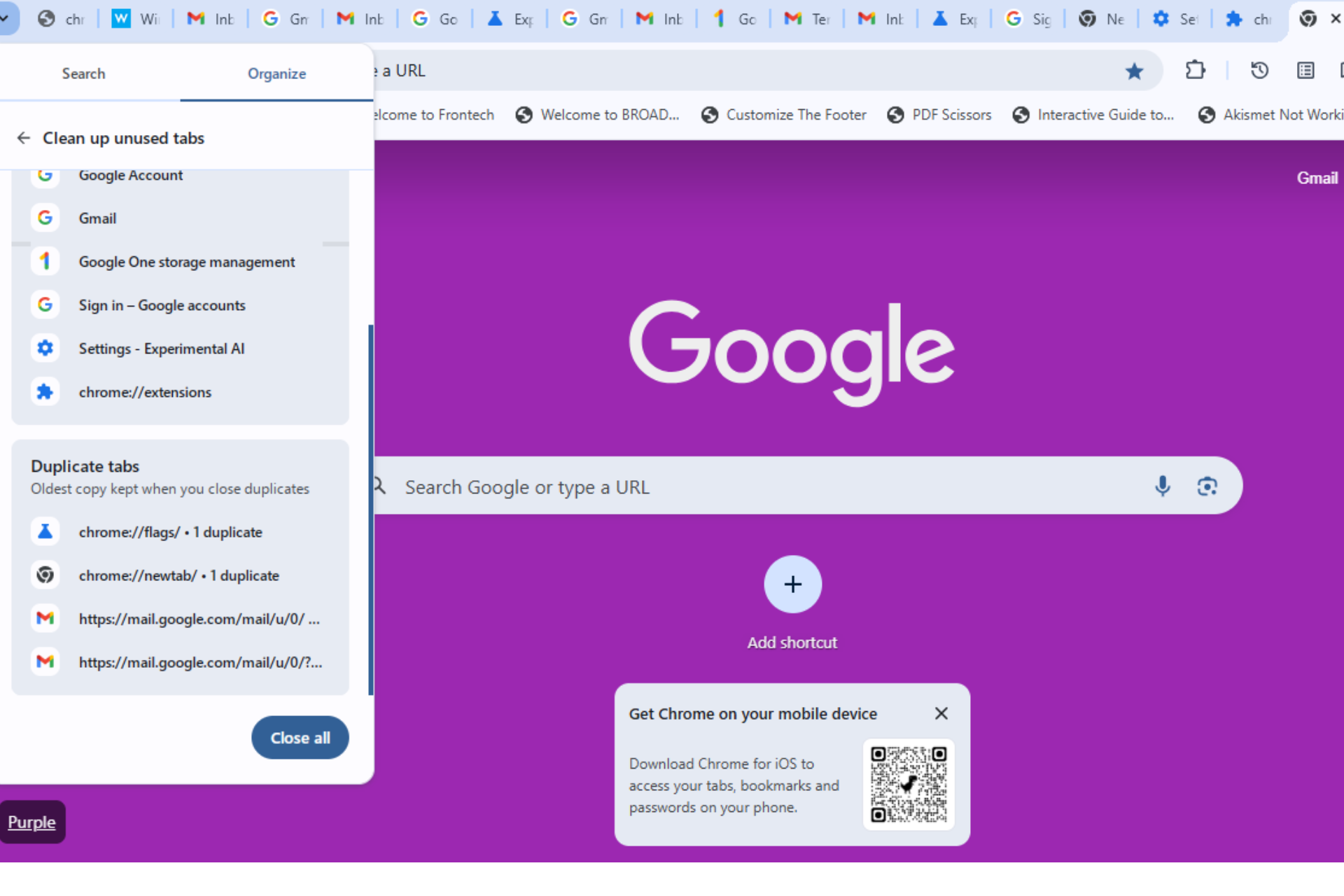
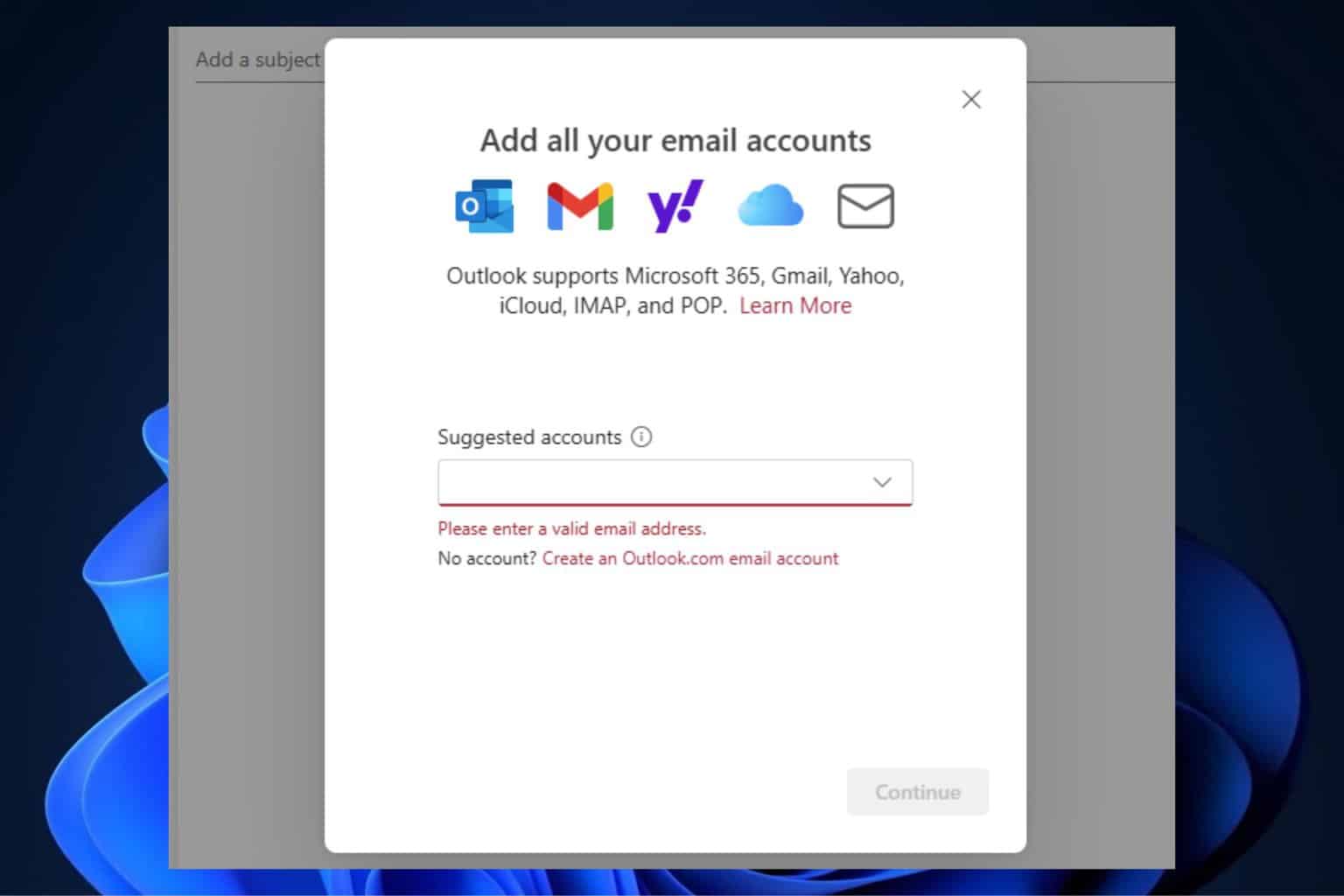
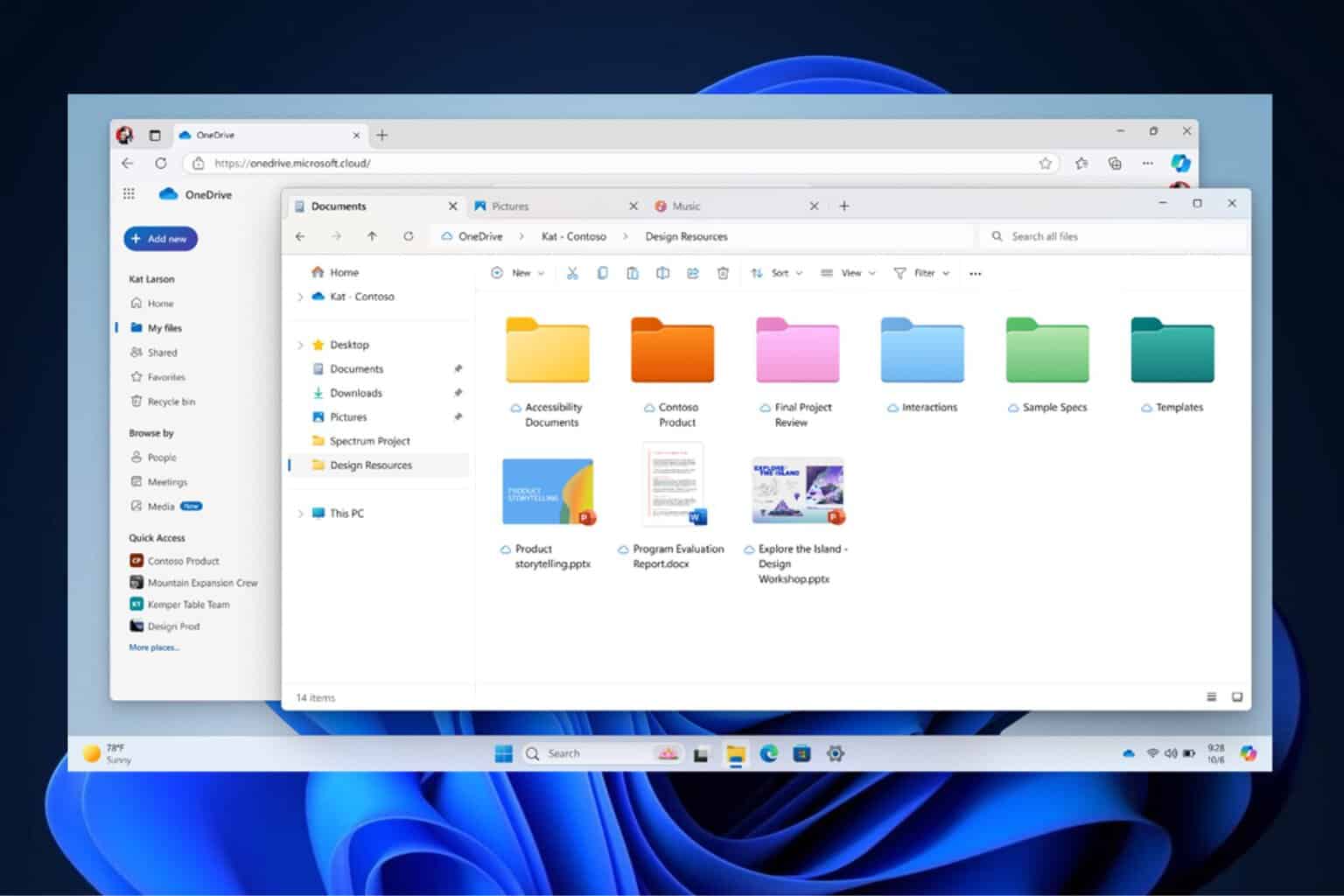



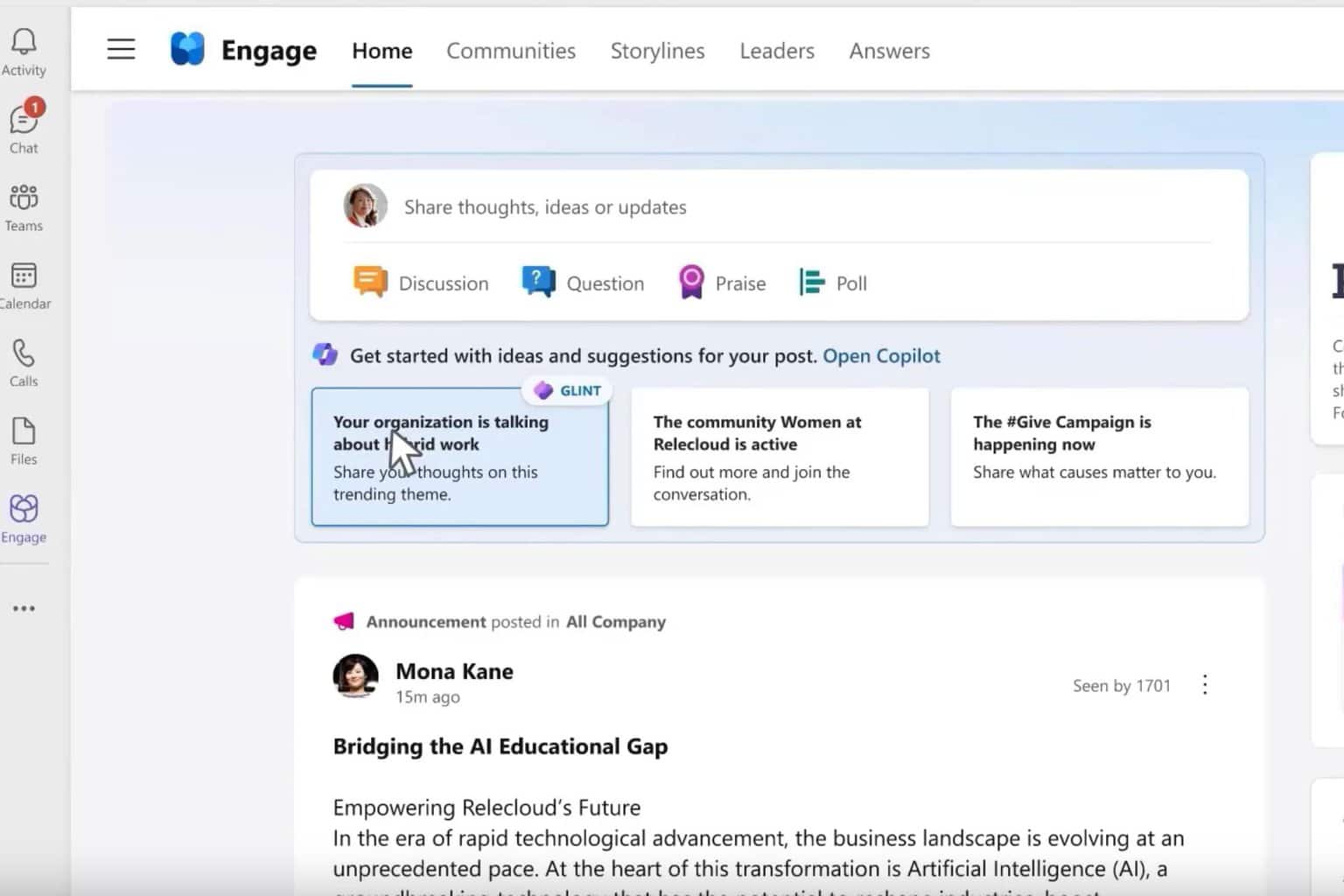
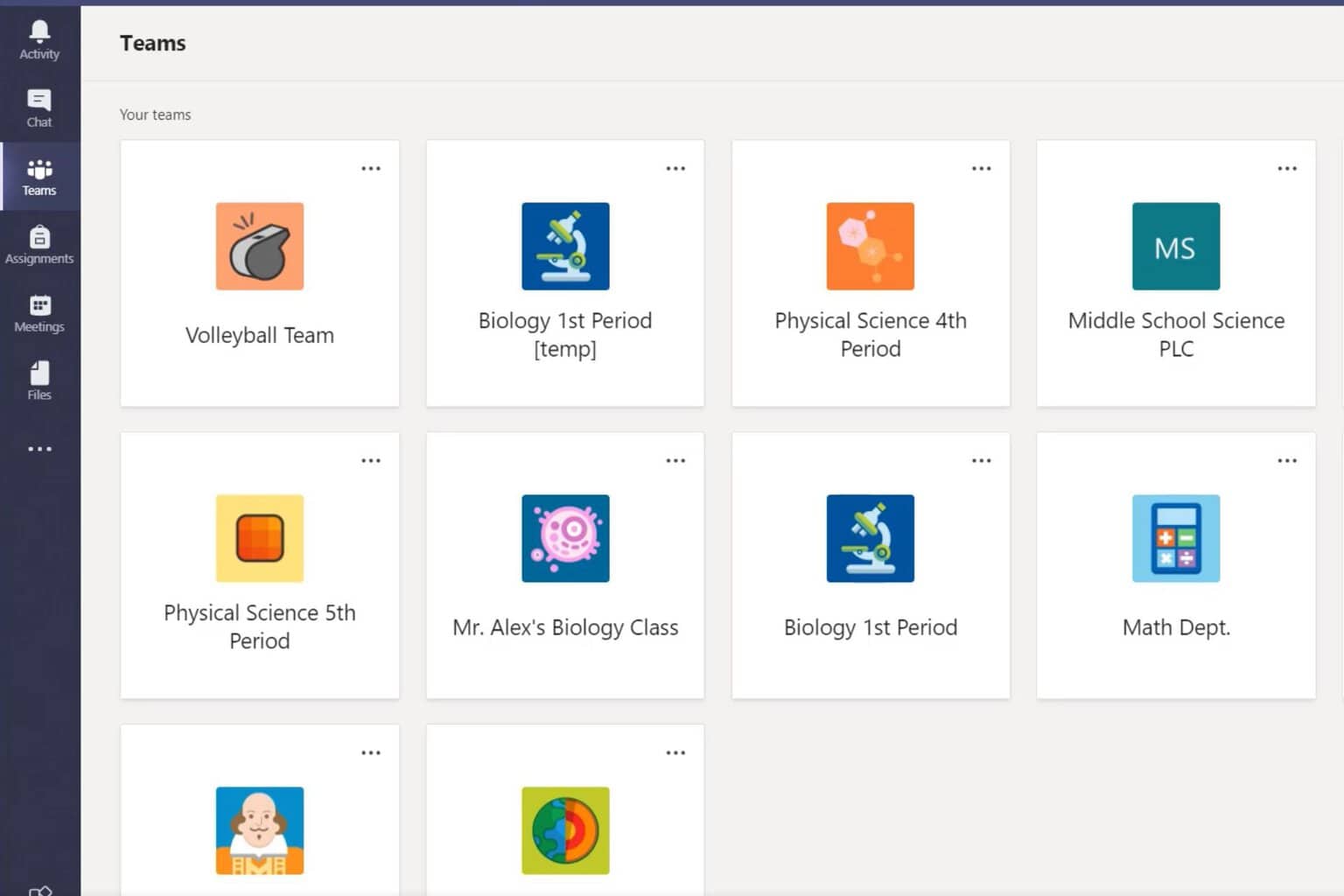
User forum
0 messages